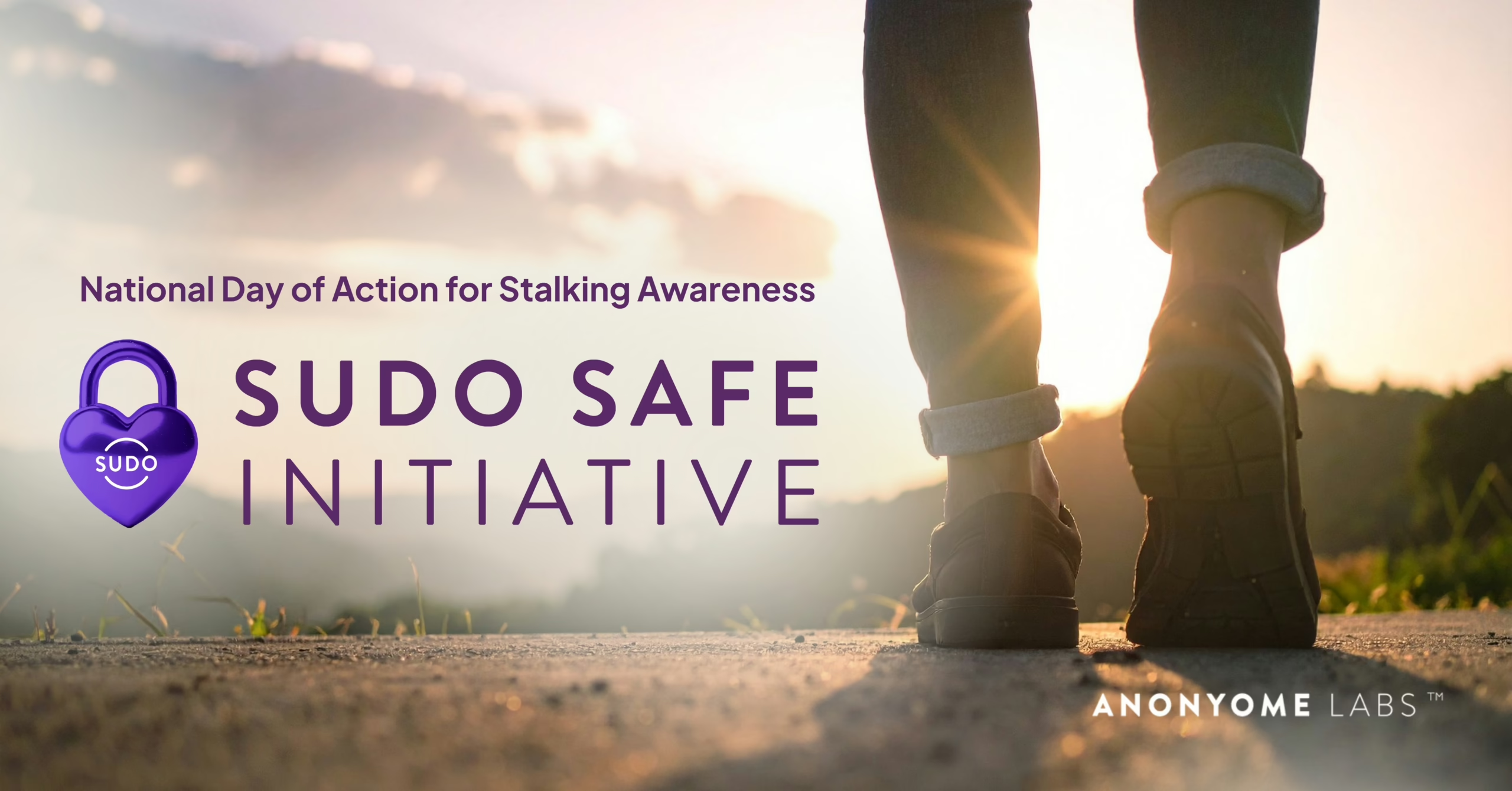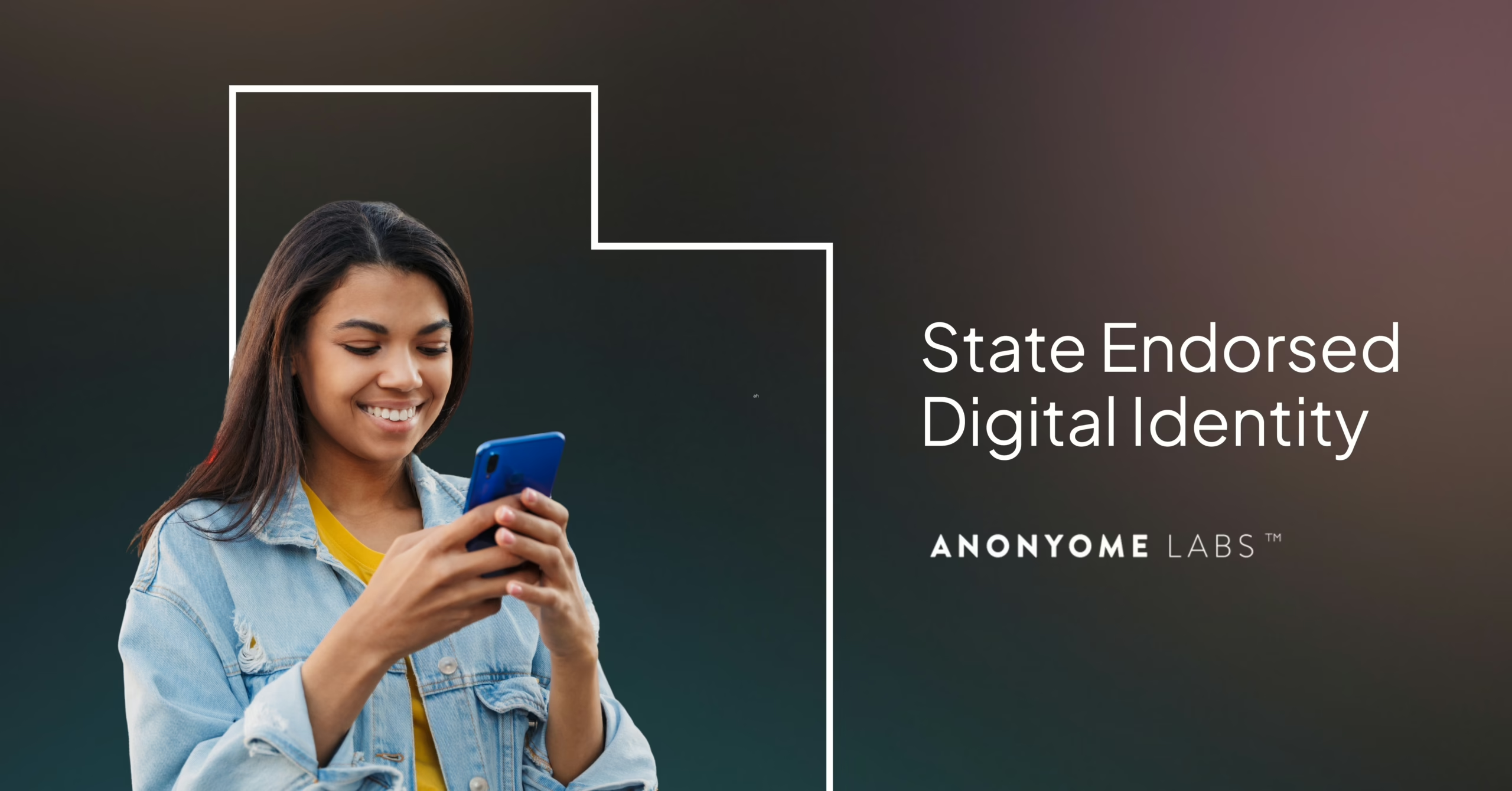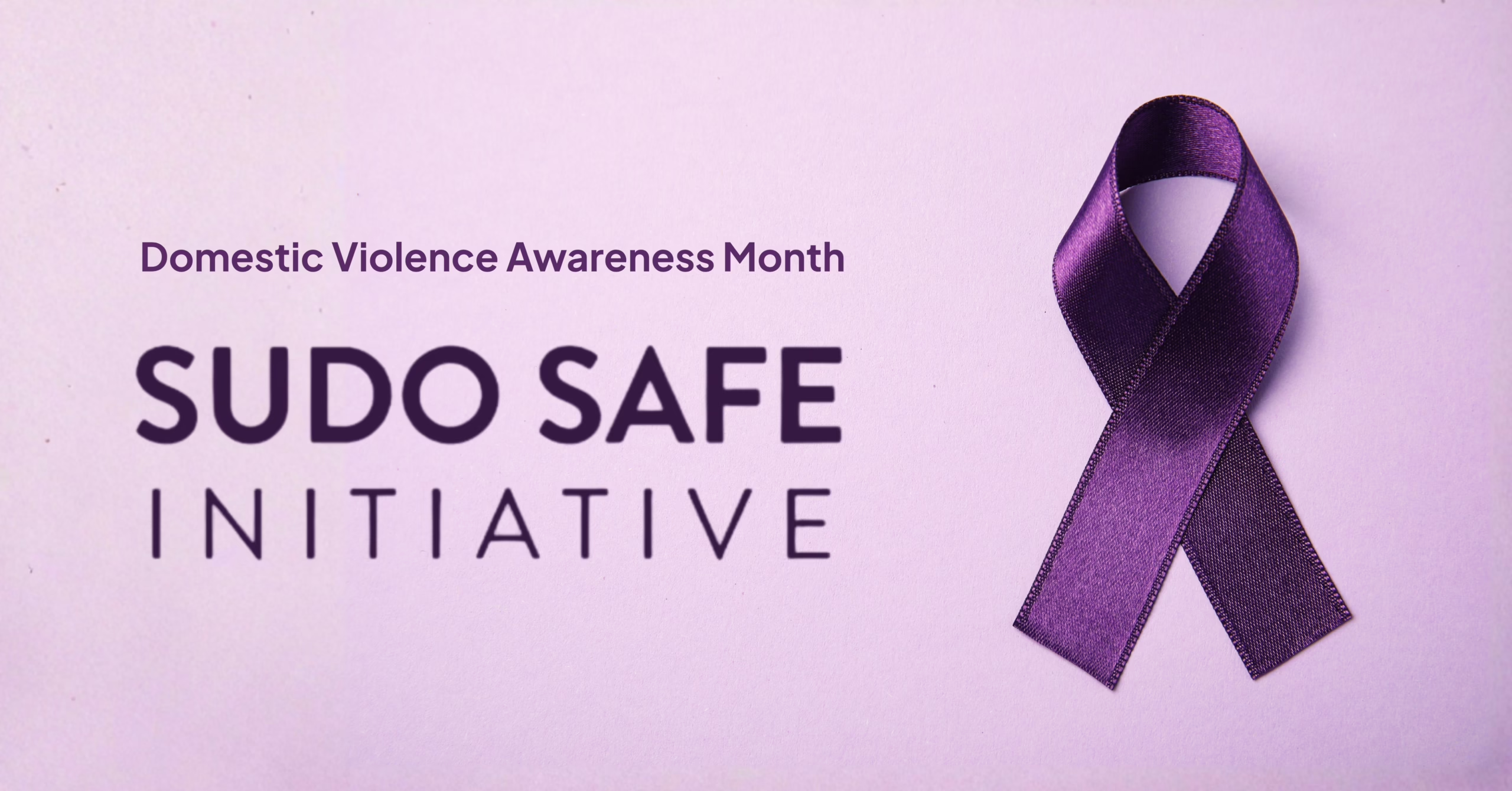Insurance brand differentiation through PaaS
There’s a new way to stand out in the insurance industry, and it’s not about offering lower premiums or faster claims. It’s about privacy.
Consumer expectations are shifting, and Privacy as a Service (PaaS) is emerging as a powerful differentiator for insurers seeking to lead in trust, security, and digital experience. This is your opportunity to move beyond compliance and build tangible brand equity through privacy.
The Rise of Privacy for the Everyday Consumer
In today’s hyper-digital world, privacy has gone from a background concern to a front-page priority. According to Pew Research, 67% of Americans say they understand little to nothing about what companies do with their data, up from 59% in previous years. Most also feel they have little or no control over how businesses or government agencies use their data.
This is where Privacy as a Service (PaaS) becomes a critical advantage.
PaaS offers insurers a strategic way to embed privacy tools into their offerings from encrypted messaging and masked contact details to user-controlled data sharing and real-time breach monitoring.
What privacy as a service looks like
Privacy as a Service isn’t theoretical. It’s a growing suite of tools insurers can implement today, either through white-labeled apps or integration with their existing digital platforms.
These include:
- Private communication channels (e.g., encrypted messaging)
- Virtual cards for secure payments or online purchases
- Digital wallets that store only necessary credentials
- User-controlled identity and data-sharing preferences
- Real-time alerts and monitoring for data breaches, leaks, or misuse
Together, these tools help protect against fraud, phishing, impersonation, and unauthorized data sharing, all while building policyholder confidence.
What specific PaaS solutions are available?
Several technology providers now offer turnkey or customizable privacy-as-a-service toolkits.
For example:
- Anonyome Labs provides secure communication tools (like virtual phone numbers and masked emails), identity protection, digital wallets, and breach monitoring.
- Jumio and Okta offer identity verification and access management solutions that support consumer-controlled credentialing.
- Apple’s Private Relay and others are shifting expectations for how personal data should be handled in digital experiences, further reinforcing the importance of privacy-centric offerings.
Insurers can choose to license these features or integrate them into native apps for a seamless user experience.
How to effectively communicate the value of privacy tools
Implementing PaaS is only half the equation. Insurers must clearly articulate why it matters to customers. Here’s how:
- Lead with control: Emphasize how customers can manage what they share and with whom they share it.
- Show real-world benefits: Frame privacy tools as ways to reduce fraud, protect families, and save money, not just as technical features.
- Promote peace of mind: Position your brand as one that safeguards people, not just policies.
Messaging should appear across onboarding flows, app experiences, marketing campaigns, and customer support channels.
Differentiation in a crowded market
With so many insurance products becoming commoditized, Privacy as a Service provides a new lever for differentiation. It aligns with what modern consumers care about: safety, autonomy, and digital integrity.
In a space where brand loyalty is tied to values and experience, offering built-in privacy sends a powerful message you don’t just insure people. You protect them holistically.
Ready to offer privacy as a Service?
Anonyome Labs helps insurers integrate turnkey privacy solutions into their digital experiences. Request a demo to discover how you can leverage privacy as your next competitive advantage.



